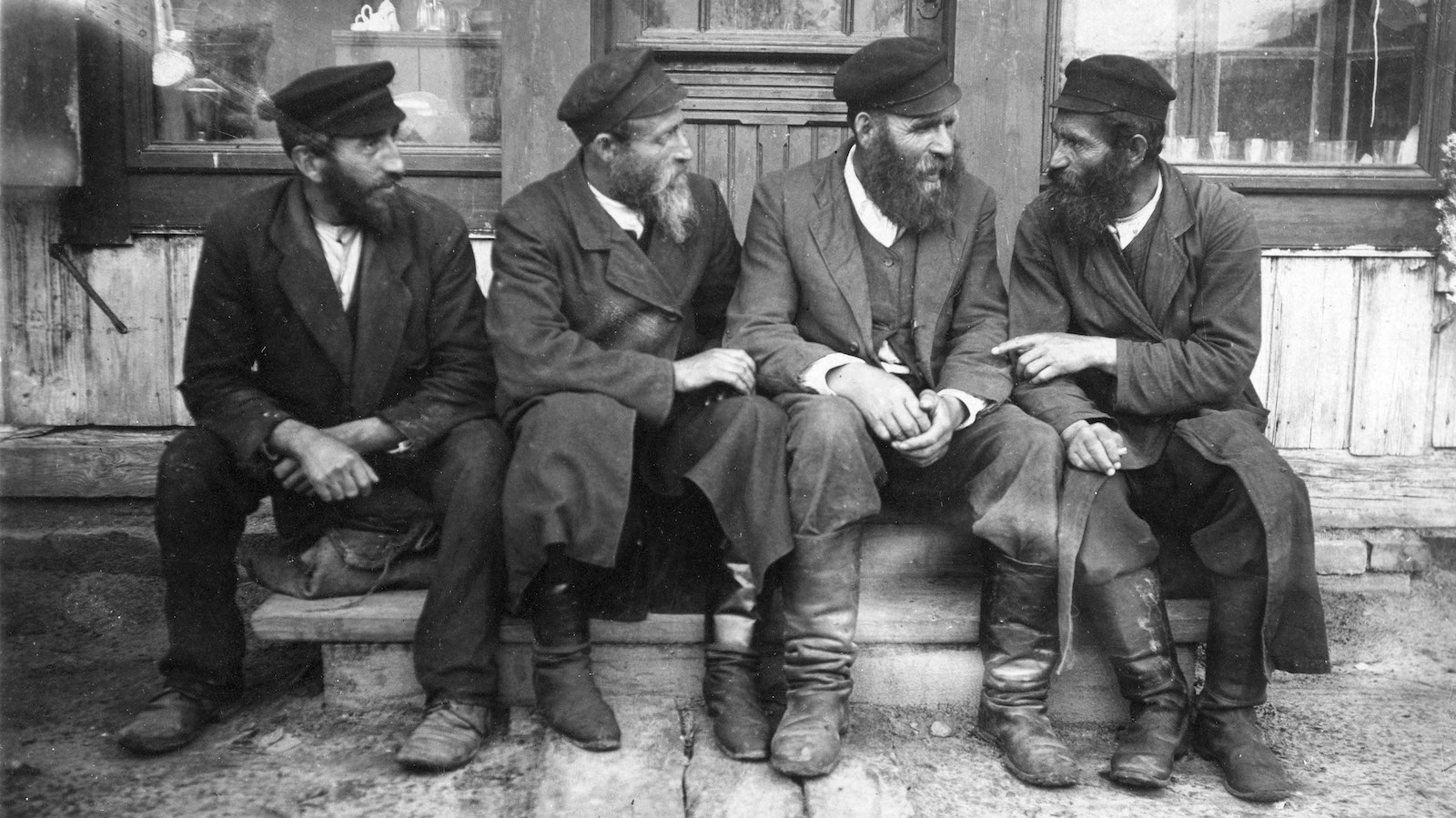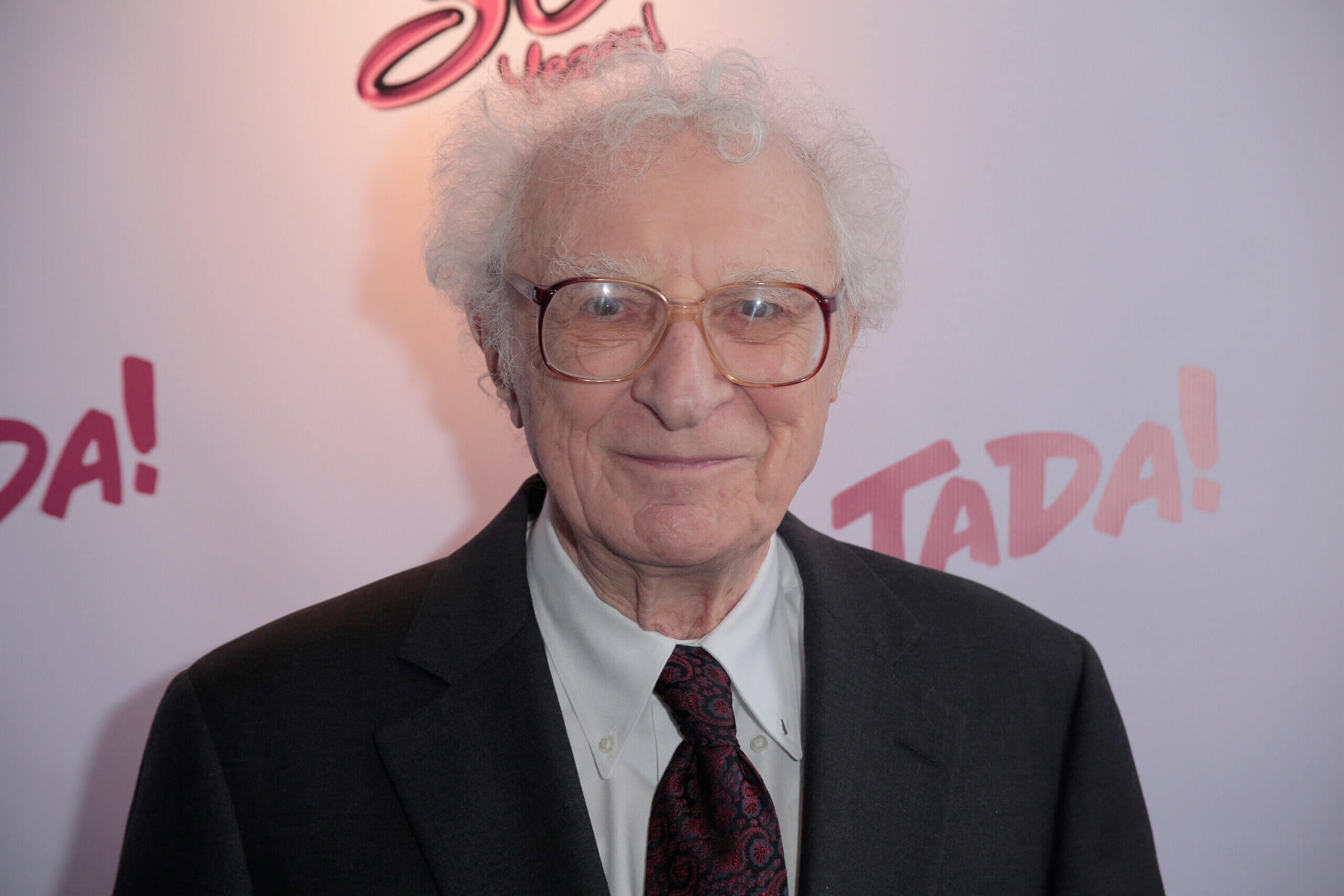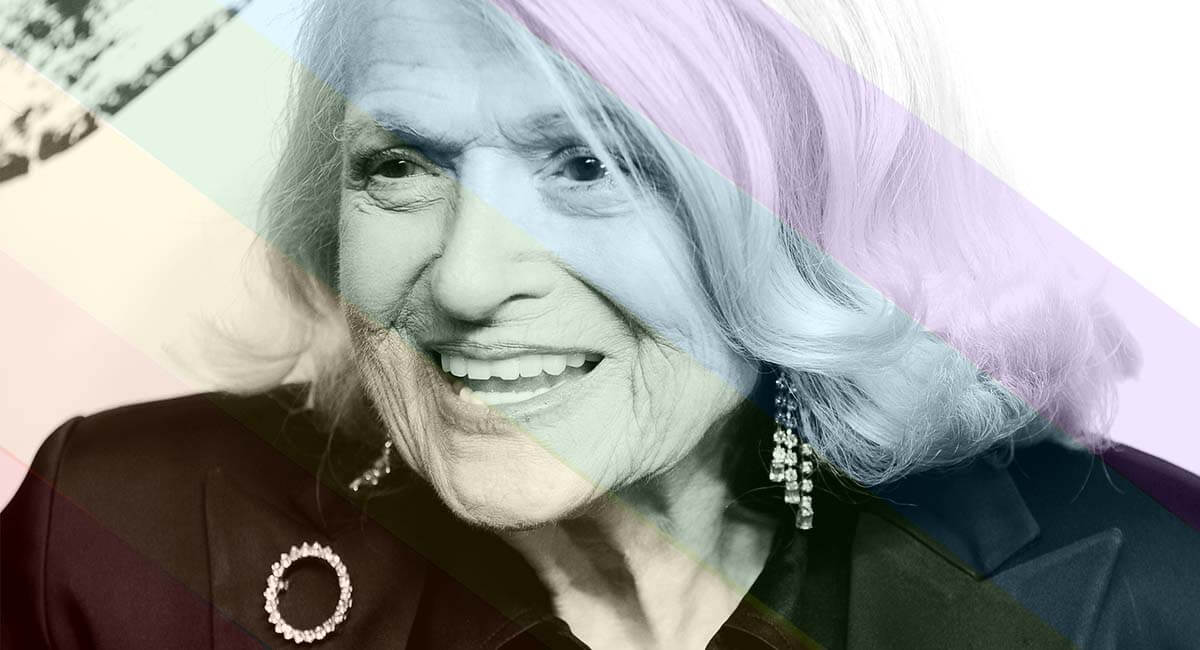Sixties Fan
Diamond Member
- Mar 6, 2017
- 57,746
- 10,974
- Thread starter
- #461
Did you know the first Jewish colonist arrived in Roanoke, Virginia in 1585?
Since then, Southern Jews have been settlers, soldiers, merchants, civic and social leaders, rabbis, politicians, and people of faith.
The South has long been the most religious region of our country.
The Museum of the Southern Jewish Experience, located in New Orleans, tells the surprising and remarkable story of Jewish survival and success in the heart of America's Bible Belt.
Since then, Southern Jews have been settlers, soldiers, merchants, civic and social leaders, rabbis, politicians, and people of faith.
The South has long been the most religious region of our country.
The Museum of the Southern Jewish Experience, located in New Orleans, tells the surprising and remarkable story of Jewish survival and success in the heart of America's Bible Belt.








